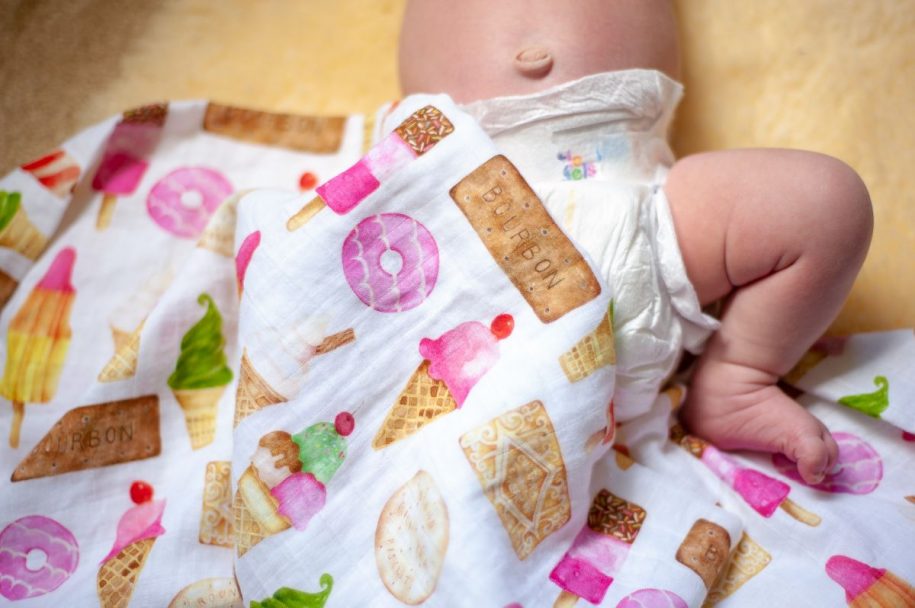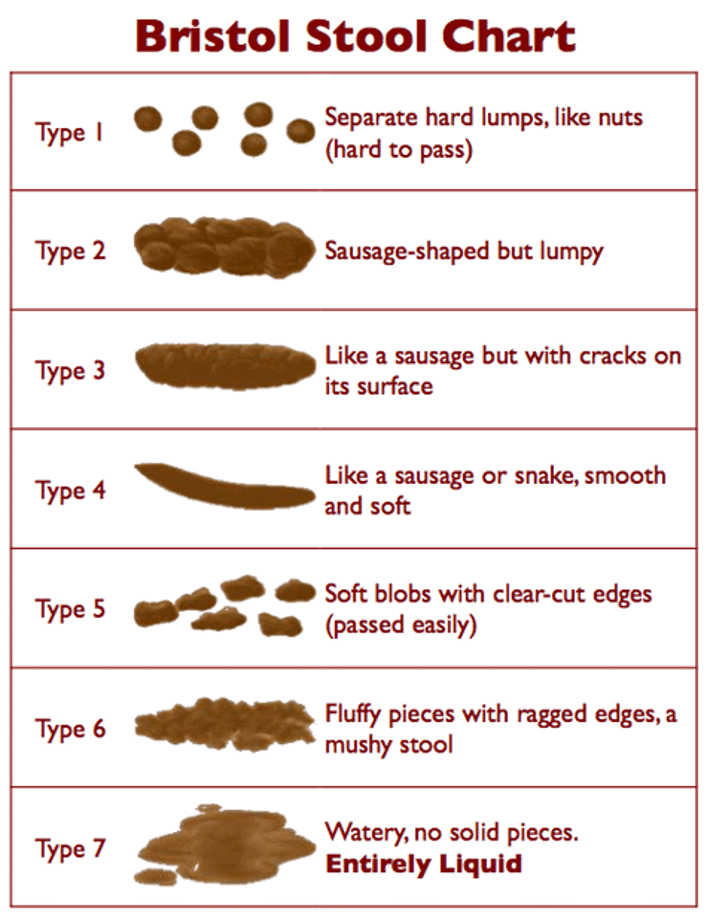By Allison Riehs | Naturopath
What is your child’s poop trying to tell you?
It’s not a pretty subject, but as parents, we’re pretty familiar with our children’s poop.
From that very first newborn nappy change to toilet training, we spend a lot of our time dealing with… it.
It’s pretty apparent when a little one has eaten something they shouldn’t, or something hasn’t agreed with their tiny tummies.
But you might not give it much more thought than that.
Far more than just waste matter, stools can offer some tell-tale clues to our children’s state of health.
In this article, I discuss some of the changes to look for, and what they might mean for your child.
- Rabbit droppings
If your child is suddenly passing small pellets like rabbit droppings, or having difficulties with passing stool, it could be a sign of dehydration. Are they drinking less than usual? Is their environment warmer, or are they being more active? Encourage your child to drink and make water readily available to them. Recommended fluid intake for children is: 0 – 6 months: 0.7 litres of breastmilk or formula, 7 – 12 months: 0.8 litres of breastmilk or formula, plus water, 1 – 3 years: 1 litre, 4 – 8 years: 1.2 litres, Boys 9-13 years: 1.6 litres, Girls 9-13 years: 1.4 litres, Boys 14-18 years: 1.9 litres, Girls 18-18 years: 1.6 litres.
- Loose and runny
It can be worrying to see children suffering from loose, runny stools. Firstly it’s important to note that creamy liquid mustard-coloured stools are normal for exclusively breastfed babies, but for all other children, loose runny bowel motions generally indicate diarrhoea. There can be many causes of diarrhoea ranging from mild to severe, so if it occurs suddenly, look for other signs of infection such as a fever, vomiting, or rash. If the child is complaining of stomach cramps or bloating and the symptoms have come on suddenly, it could be a case of food poisoning or gastro. If it’s an ongoing problem, your child might be suffering from a food intolerance like lactose intolerance, or a digestive disorder like IBS or coeliac disease. Keep the child well hydrated, monitor closely, and seek medical assistance if symptoms persist.
- Underwear soiling
If your toilet trained child begins soiling their underpants, this could be a sign of holding or constipation. Sometimes, loose stool or seepage can pass around a blockage in the bowel, causing urgency and accidental soiling. This can be mistaken for diarrhoea, when it’s actually a sign of constipation. Some children can also experience accidents if they’re holding their bowels due to nerves, shyness or distractions – like watching television or playing computer games. If you notice any of this behaviour, encourage healthy bowel habits such as regular drink and movement breaks and normalising toileting. Providing adequate privacy and a sound source such as a radio to disguise any toilet noises, can help some toilet-conscious children feel more comfortable.
- Blood in the stool
Finding blood in your child’s stool can be quite alarming, particularly the first time it happens. Blood in the nappy of a breastfed infant is often a sign of allergic enteritis or allergic colitis, which can be triggered by a cow’s milk protein allergy. If this is the case, the breastfeeding mother will be guided to adopt a dairy-free diet to avoid exposure to the allergen. Dark coloured or black stools can also be a sign of bleeding in the bowels at any age, and should be investigated. Just keep in mind that iron supplements can also cause black bowel motions. Supporting gut health with probiotics, gut healing herbs and supplements, and dietary changes, may also improve the health of the stool.
- Itchy bottoms
If your child is complaining of an itchy bottom, there’s every chance they might have worms. Threadworm infections are common in pre-school and school-aged children, and the infestations can quickly move to other members of the household. As well as having an itchy bottom, children with worms might be irritable, have a change in appetite, and struggle to sleep or stay asleep. Occasionally you may be able to find worms in the child’s stool, but they are commonly found by looking at the bottom with a torch during the night. This is when the worms leave the bowel and lay eggs in the buttocks, which causes itchiness. It’s estimated just one female worm can lay 16,000 eggs. Both over the counter pharmaceutical treatments, and natural remedies, are available to assist with treating worms. Supporting adequate zinc and stomach acid levels can also assist in the defence against worms.
Not sure how to read your child’s stool? Make a booking with Allison for personalised support.


